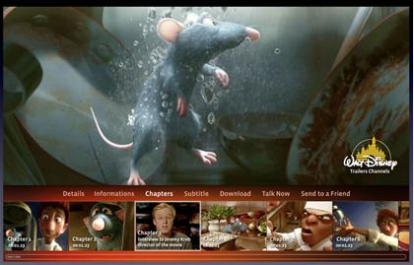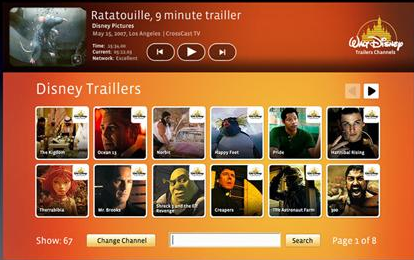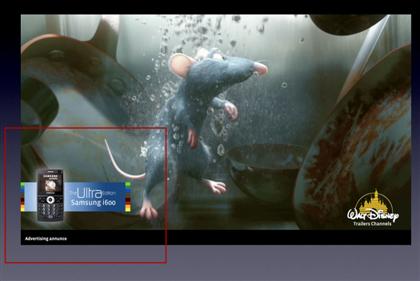The growth of new distribution opportunities via the internet has prompted some independent production companies to find additional options for exploiting their content, while others are producing content specifically for the web.
Here’s a round-up of some of the key players so far:
-
Miles Beckett and Luke Hyams, the co-creators of LonelyGirl15, are rightly dubbed the kings of social networking drama. The duo have gone on to form LG15 Studios, with backing from Hollywood talent brokers Creative Artists Agency, deepening their relationship with Bebo by producing Kate Modern.
-
Veteran U.S. independent Mark Burnett Productions, best known for a slew of reality TV formats, has been actively syndicating derivative programming to web portals for a number of years. Its series Rock Star: INXS was offered via MSN, albeit as an enhancement / spin-off to the linear show. However, the company is getting more active with pure new media plays: last September it launched Gold Rush, an online reality game via AOL.
-
U.K. indie RDF is currently developing Rough Cuts. a comedy portal featuring full-length download-to-own programmes from its own catalogues (RDF is a distributor, as well as a production company), other independents and, it hopes, under license from broadcasters. Last July, the company’s U.S. offshoot inked a licensing deal with Daily Motion.
-
Endemol – the company which brought the world Big Brother – was one of the first major indies to license its back catalogue content to U.K. IPTV service BT Vision, as well as to pure web plays, such as Joost and newcomer Next.TV. The company is also producing Gap Year, a web exclusive travelogue for Bebo. At the C21 Future Media conference in London late last year, Endemol’s Peter Cowley, managing director of interactive media, disclosed that its digital division was contributing between 10 to 20% of overall revenues.
-
FremantleMedia’s strategy focuses on marrying up excellent creativity, low budgets and profitability. The company – behind linear hits such as American Idol – owned by media conglomerate Bertelsmann subsidiary RTL Group, has a new platforms division overseen by programme syndication veteran Gary Carter. Aside from licensing deals, the company’s key new media property is web and mobile comedy channel Atomic Wedgie, an aggregation of younger-skewing short-form programmes which achieved nearly 3 million views via MySpace during Q4 2007. The company is working on an interactive drama format for syndication to web aggregators during 2008.
-
IMG and its television division TWI has established a fearsome reputation for global syndication (the business was built out of sports talent management) and boasts a programme catalogue of 250,000 hours of premier sports events (Wimbledon, the PGA Tournament and U.K. Premier League are among those it represents). The company has been developing content propositions for new platforms – albeit based on wobblier technology than today – as far back as 2003. The company’s Gamer.tv format (which enjoys the dubious distinction of being banned in China) was one of the first made-for-TV shows to be syndicated to web portals, such as MSN.




